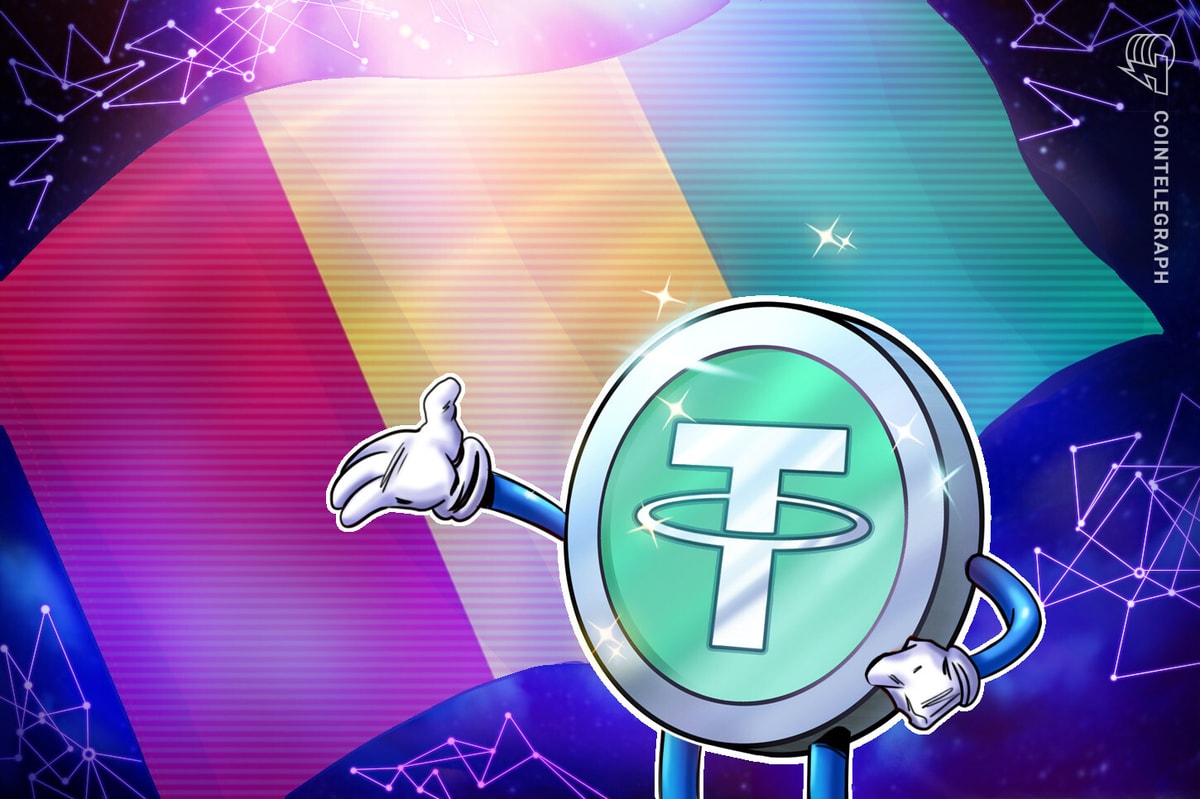Crypto stablecoin issuer Tether has inked an agreement with the African nation of Guinea for the country to explore the adoption of blockchain and peer-to-peer tech.
Tether said in a Feb. 17 blog post that it signed a memorandum of understanding (MOU) that “hopes to establish the groundwork for the country’s adoption of blockchain technologies and create an environment conducive to innovation.”
The agreement aims to share best practices with the West African nation, focusing on education, innovation, and sustainable tech practices, the company added.
The crypto firm operates the largest stablecoin by value, Tether (USDT). It signed a similar agreement last March with Uzbekistan’s crypto and capital markets regulator for the Central Asian nation to explore blockchain, stablecoins and tokenization.
Source: Tether
Tether said a key element of the MOU is possibly developing blockchain expertise and education with educational programs “across Guinea’s public and private sectors to raise awareness, build skills, and cultivate local talent in digital technologies.”
“Together, we aim to implement efficient blockchain solutions that benefit both public and private sectors, paving the way for economic growth and establishing Guinea as a leader in technological innovation,” Tether CEO Paolo Ardoino said.
Djiba Diakité, chief of staff for Guinea’s interim president Mamady Doumbouya — a military general who came to power in a 2021 coup — said the country aims to offer “our young people the tools they need to meet global challenges and seize the opportunities of the digital world.”
Related: Africa is the key to crypto mass adoption
Tether added that it’s also looking to support Guinea’s project called “Innovation City,” which aims to create space for tech research and companies.
Emerging nations — including some in Africa — are leading adopters of crypto, according to a December survey by Consensys.
The blockchain firm found that 84% of its survey respondents in the West African nation of Nigeria reported owing a crypto wallet last year, while 66% of those in South Africa said the same — compared to 43% in the US.
Magazine: Trash collectors in Africa earn crypto to support families with ReFi











